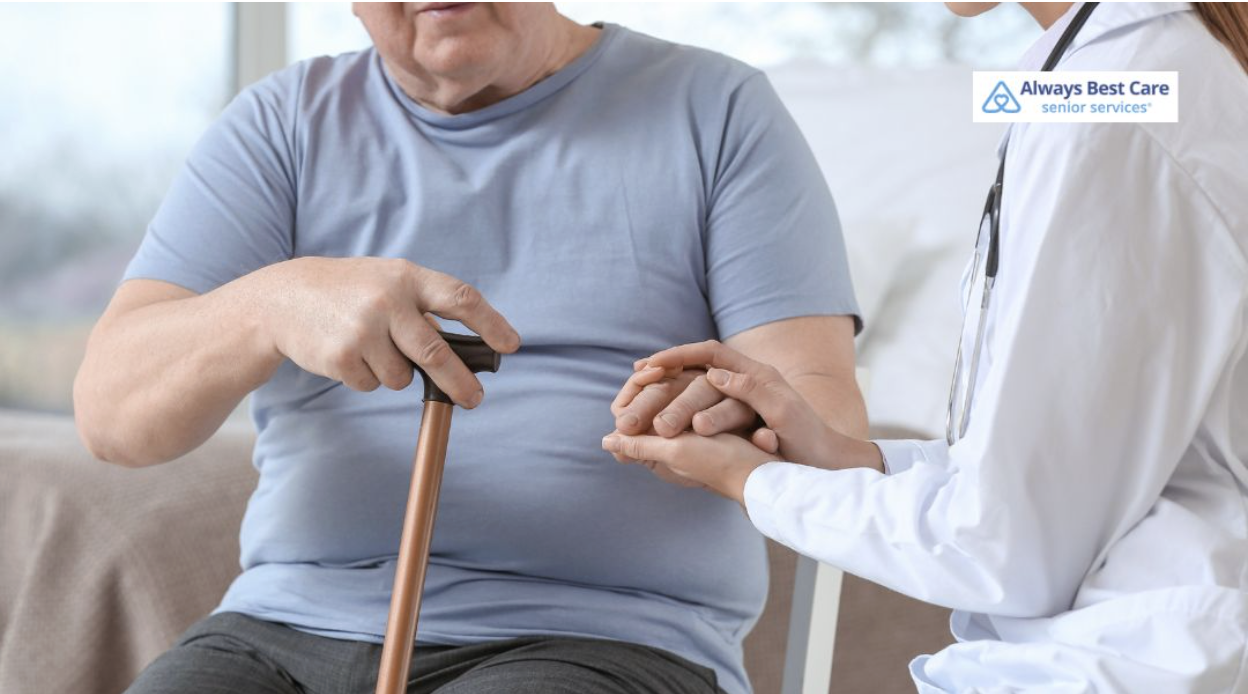Senior Safety: Tylenol Side Effects to Be Aware Of

Tylenol is a trusted pain reliever found in most medicine cabinets. It’s a go-to for managing pain and reducing fever, but for seniors, it’s important to be mindful of how the body processes this medication.
While it’s generally safe when used as directed, understanding its potential side effects can help older adults use it safely and avoid complications.
Table of Contents
What is Tylenol, and How Does It Work?
Tylenol’s active ingredient, acetaminophen, blocks pain signals in the brain and helps regulate body temperature. It’s effective for various issues, from headaches to arthritis pain.
Unlike other pain relievers, it’s gentler on the stomach, making it a popular choice for seniors. However, it’s essential to use it carefully to avoid side effects or interactions with other medications.
Why Seniors Need to Be Cautious
As we age, the liver and kidneys, which help process medications, may not function as efficiently. This can make seniors more susceptible to the effects of Tylenol.
Additionally, seniors are often prescribed multiple medications, increasing the risk of interactions.
3 Common Side Effects of Tylenol
Tylenol is generally well-tolerated, but some seniors may experience:
- Nausea and Stomach Upset: Taking Tylenol on an empty stomach can sometimes cause discomfort. Having it with a snack or meal can reduce this risk.
- Dizziness or Lightheadedness: Feeling unsteady, especially when standing up quickly, is a possible side effect. Staying hydrated and rising slowly can help.
- Fatigue: Unusual tiredness may occur, signaling that the body is working harder to process the medication.
Recognizing Serious Risks and Warning Signs
While rare, Tylenol can cause serious issues like liver damage, particularly when taken in high doses or alongside other acetaminophen-containing medications.
Warning signs include yellowing skin or eyes, dark urine, severe stomach pain, or confusion. These symptoms should prompt immediate medical attention.
Encouraging Your Aging Parent to Seek Help
It’s not uncommon for aging parents to hesitate in asking for help, often out of fear of being a burden.
Open and gentle conversations can make a big difference. Ask how they feel and listen to their concerns about managing pain or medications. Encourage them to speak with their doctor if they seem unsure about their symptoms or dosages.
At Always Best Care of Nashville, we’re here to support families in creating a safe and caring environment where seniors feel comfortable seeking help.
4 Tips for Managing Hypertension
Many seniors with high blood pressure must be extra cautious with medications, including Tylenol.
Here are some tips to promote heart health and overall well-being:
- Stay Active: Light exercises like walking or yoga help naturally improve circulation and lower blood pressure.
- Focus on Nutrition: Eating a diet rich in fresh fruits, vegetables, and whole grains can make a big difference. Reducing salt intake is particularly important for managing hypertension.
- Stay Hydrated: Drinking enough water supports good circulation and prevents dehydration, which can strain the heart.
- Monitor Stress Levels: Relaxation techniques like deep breathing or meditation help lower stress and maintain healthy blood pressure.
Managing Pain Safely for Seniors
Pain doesn’t always have to be managed with medication.
Alternatives like heat or ice packs, gentle massages, or physical therapy can provide relief.
If medication is necessary, it’s best to consult a healthcare provider to ensure it’s the safest option for specific health needs.
Avoiding Dangerous Drug Interactions
Seniors taking medications for chronic conditions like diabetes or heart disease should be mindful of potential interactions with Tylenol.
To avoid unintended side effects, sharing a full list of medications and supplements with a doctor or pharmacist is a good practice.
7 Practical Tips for Safe Tylenol Use
Using Tylenol safely involves several steps to reduce risks and ensure effectiveness:
- Follow Dosage Instructions: Always adhere to the recommended dosage on the label or provided by a healthcare professional. Exceeding the daily limit can increase the risk of liver damage.
- Avoid Multiple Medications With Acetaminophen: Many over-the-counter drugs, like cold or flu remedies, also contain acetaminophen. Double-check labels to prevent accidental overdoses.
- Track Your Intake: Keep a log of when and how much Tylenol you take. This simple step helps avoid taking doses too close together.
- Skip Alcohol: Combining alcohol with Tylenol raises the risk of liver damage. It’s best to avoid drinking while using this medication.
- Take With Food If Needed: If Tylenol causes stomach discomfort, try it with a small snack or meal to ease digestion.
- Stay Hydrated: Drinking water helps the body process the medication more efficiently and reduces the likelihood of side effects.
- Schedule Regular Checkups: Regular doctor visits ensure that medications, including Tylenol, are used safely. Healthcare providers can monitor for potential side effects or interactions with other drugs.
How Always Best Care of Nashville Can Help
At Always Best Care of Nashville, we understand how overwhelming managing medications can be. Our compassionate caregivers can assist with tracking dosages, monitoring for side effects, and supporting healthy lifestyle choices. From meal prep to creating a safe home environment, we’re here to help seniors feel confident and cared for every step of the way.
Contact Always Best Care of Nashville or call (615) 678-0293 to learn how we can assist with medication management, daily care, and creating a healthier lifestyle for seniors!





